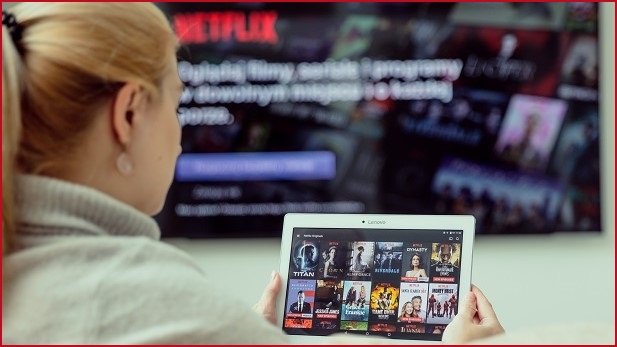How would you feel about paying more for your internet because you max out streaming services like Netflix or Stan?
NBN Co recently asked a similar question to the top 50 of its retail service providers (RSPs).
RSPs, including Telstra and Internode, are being surveyed by NBN Co about future undertakings on the network.
NBN Co asked retailers if they would be willing to market a product based on differentiating between users who stream video and those who don’t.
After this question was leaked to the media who dubbed the proposed idea a ‘Netflix tax’, NBN released a statement clarifying the current consultation was “geared towards wholesale pricing and product mechanisms between NBN Co and [retailers]”.
“We are not working towards any pre-defined ideas, and the process is not about levying additional charges on customers,” the statement said.
“The paper is not angled at introducing a ‘Netflix tax’ or any other ‘tax’ on customers.”
Feedback from retailers is due at the end of this month.
Network nearly finished
NBN Co said it had exceeded its targets of premises connected and activated in the past twelve months.
Aiming to switch 9.7 million more homes and businesses onto the network by July 30 June, NBN said it had achieved 9.93 million connections.
Nine years after the first cables were plugged in, NBN is now 85 per cent of the way through its build.
Recently dubbed a ‘failure’ by an industry executive, the NBN has a constant source of complaint and vexation for many Australians.
The latest concerns
Regularly missed appointments, consistently slow speeds, and a cost blowout has sullied what was meant to be a great Australian step into the 21st century.
In the second half of last year, nearly 50 per cent of complaints made to the Telecommunications Ombudsman about a connection and service quality were related to the NBN.
And around half of homes in Brisbane, Sydney, and Melbourne are connected by the oldest technology in NBN's mixed-technology bag – hybrid fibre-coaxial.
But, after the many headaches and frustrations, could there be a silver lining to Australia's $50 billion internet project?
Connecting Australia
Bright Futures is the latest in a series of reports called Connecting Australia, conducted by Alpha Beta researchers and commissioned by NBN Co.
According to the report, the NBN has nearly tripled the average internet speeds for households with children since 2014.
It found primary school students in NBN-connected areas do an extra 15 minutes of homework per week.
And the report estimated 95 per cent of young Australians (16-24 years old) in NBN connected areas use the internet for non-formal work compared to 63 per cent in non-NBN connected areas.
Kathrine Dyer, Chief Network Deployment Officer at NBN Com, said the connectivity has been a much-needed improvement for the next generation.
“The world of work is set to transform in the next ten years so it is vital Australian students have access to infrastructure such as fast broadband to help them develop STEM and entrepreneurial skills no matter where they live,” Dyer said.
“We’re proud to be equipping the business leaders and entrepreneurs of tomorrow with the infrastructure that helps them develop in-demand skills and stay ahead in a competitive market.”
IT professionals receive some of the highest wages in the country.
Previously, the Connecting Australia series has promoted the value of NBN to the Australian economy, business, education, society, and women.
NBN Co says that by July 2021, the NBN will have created 31,000 jobs and will have delivered $122 billion in value to the Australian economy between 2017 and 2035.










